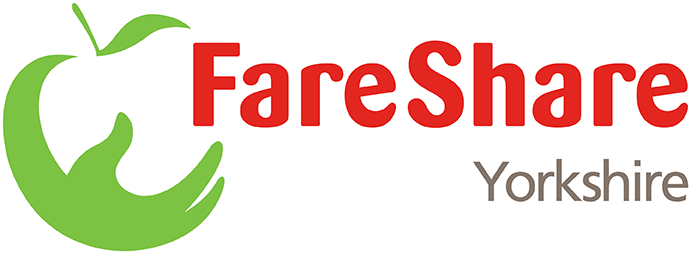Food and logistics companies are struggling to keep stock moving because the UK is currently short of around 100,000 Heavy Goods Vehicle (HGV) drivers.
The Coronavirus pandemic, Brexit rule changes and the sudden demand for home deliveries has meant that many businesses and charities are struggling to train, recruit and retain HGV drivers. For example, no new drivers were able to train for the majority of the last 17 months, so those wishing to become one now have a very long wait and at the same time many drivers are also retiring.
FareShare Yorkshire works with growers, manufacturers, distributors and retailers, both locally and further afield, to stop quality food from going to waste. This shortage of drivers means less food is being transported and therefore less is reaching us. This puts a huge amount of pressure on our redistribution process and causes a lot of waste at food suppliers who suddenly have no timely transport to move surplus from A to B. Most worrying of all, industry leaders firmly believe this crisis will last another 12 – 16 months.
In addition to conventional haulage, FareShare Yorkshire relies on our volunteer van and lorry drivers to collect tens of tonnes of surplus stock each month. They are truly one of the biggest parts of our operation, collecting in-date, quality food and bringing it back to our warehouses, ready to be split down and sent out to our 400 Community Food Members across Yorkshire.
If you would like to help FareShare Yorkshire make more food collections to ride out this crisis, you can donate towards our work. Every £1 donated makes a difference and translates into meals at frontline organisations. If you would like to partner with us in this effort by contributing, you can visit our Local Giving page here.
This crisis has caused many disruptions across the country, with many more set to come, and so we really welcome any support you can provide.
Thank you.

